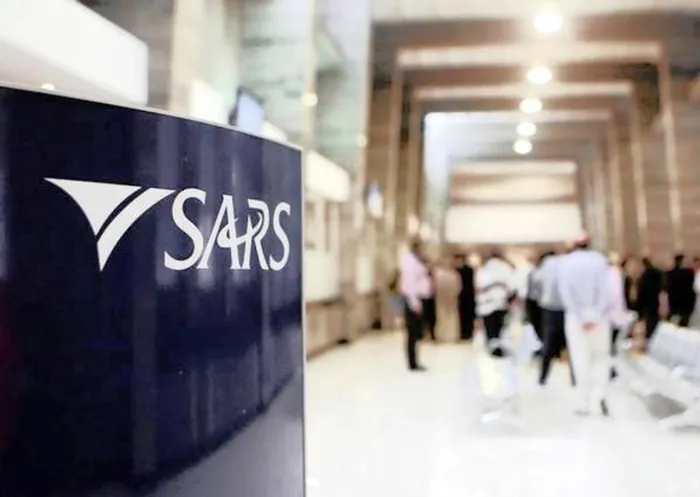SARS turns to AI and big data to reach R1.986 trillion tax target

The South African Revenue Service (SARS) has announced its intention to utilise artificial intelligence (AI)
Image: Ziphozonke Lushaba / Independent Newspapers
The South African Revenue Service (SARS) has announced its intention to utilise artificial intelligence (AI) and data analytics to help achieve the revised revenue target set by Finance Minister Enoch Godongwana on Wednesday.
Delivering his third national budget speech, Godongwana allocated R7.5 billion over the next three years to enhance SARS’s revenue collection capabilities and modernise its systems.
In his address, Godongwana said that the government aims to collect approximately R1.986 trillion in taxes during the 2025/26 financial year.
This comes after SARS’s recent (unaudited) results for the 2024/25 financial year, which showed that it collected R1.86 trillion R8.9 billion more than expected.
In a statement issued late on Wednesday, SARS acknowledged the "tough domestic and global economic conditions" and noted that the target set by the Minister was a "challenging" one, but reaffirmed its commitment to the task.
"Given the current tough domestic and global economic conditions, the R1.986 trillion revenue estimate is a challenging estimate. The estimate announced by the Minister imposes the responsibility on SARS to implement revenue-raising initiatives," SARS said.
"Debt collection is one such, therefore SARS will specifically accelerate work on collecting all debt, with a specific focus on undisputed debt."
The organisation also revealed that it will be refining and expanding its use of advanced data analytics and artificial intelligence.
"To meet its revised revenue estimate this year, SARS is refining and using advanced data analytics and artificial intelligence to detect tax compliance risks, close the tax gap, and improve overall compliance rates," it said.
According to SARS, this will be achieved through the following measures:
- Integrating expanded third-party data sources – By incorporating data such as banking and payroll information, the system can increasingly automate tax assessments and more effectively identify underreported income, thereby strengthening efforts to combat tax evasion.
- Combating the illicit economy – SARS will intensify enforcement in high-revenue sectors such as tobacco, alcohol, and fuel. Targeting smuggling, counterfeit goods, and black-market transactions aims to recover substantial revenue losses and deter future non-compliance in these areas.
- Broadening the tax base – The agency plans to systematically identify and register individuals and businesses that have previously operated outside the formal tax system. Particular focus will be placed on the hard-to-tax sectors of the informal economy, including small enterprises and self-employed individuals, to boost revenue mobilisation and reduce dependency on a narrow tax base.
- Closing the tax gap – SARS will continue to invest in advanced skills and systems to further modernise its operations and enhance compliance.
mthobisi.nozulela@iol.co.za
IOL Business
Get your news on the go, click here to join the IOL News WhatsApp channel
Related Topics: